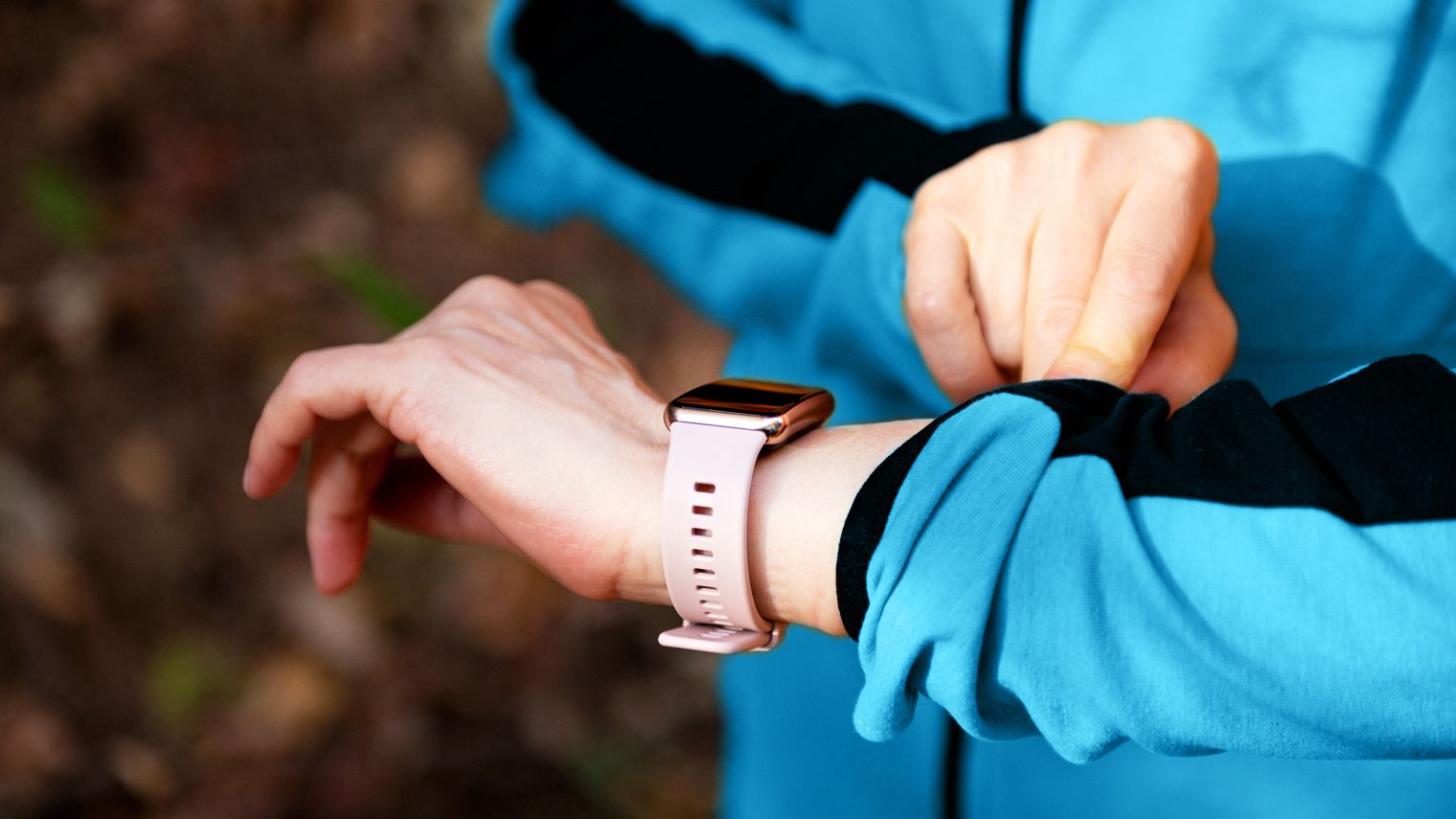Why I Always Have a Backup Plan for My Diabetes Management
June 30, 2023
Content created for the Bezzy community and sponsored by our partners. Learn More

Photography by Pixel Stories/Stocksy United
Health tech can provide useful tools for managing diabetes, like fitness trackers. But when mine was discontinued, I needed to revamp my diabetes care routine quickly.
I’m never sure where the next disruption to my diabetes management is going to come from.
The latest disruption showed up in my email inbox. The subject line announced an important message about my fitness tracker. There it was. My heart dropped. I opened the message and began reading. “While we are proud of what we built…” Uh, oh. Built. They used the past tense. Not again, I thought.
“…we recently made the difficult decision to stop supporting Amazon Halo effective July 31…” After that, the device will no longer function. My wearable device will become a brick. The software will stop working, and all the data stored in the cloud will be gone.
This isn’t the first time I’ve gone through this with a fitness tracker or medical device.
“We understand this news may be disappointing for you.” They have no idea.
They probably don’t realize that their (now discontinued) fitness tracker is part of my daily diabetes management routine. A part that will soon stop working. Sigh.


Tracking more than just steps for my diabetes management
Fitness trackers can be useful tools for managing diabetes. Using them to track physical activity is their most obvious use. Beyond simply counting steps, fitness trackers and the data they capture can be used to motivate and measure the impact regular physical activity has on glucose levels and overall health.
As time has gone on, fitness trackers have expanded the types of data they capture. Some of this additional data can be helpful in diabetes management. Sleep data, in particular.
I was using the sleep data from my fitness tracker to help manage my diabetes. I don’t use a continuous glucose monitor (CGM), so I don’t have a read on what my glucose levels are doing overnight. But with my fitness tracker, I can get a sense of my sleep quality: how much sleep I got, how many times I stirred in the middle of the night, and how long I was in a deep sleep.
While this information doesn’t directly translate into glucose readings, it can give me a sense of why my morning reading is out of range when that happens.
How my fitness tracker disrupted my diabetes management
Using health tech to manage diabetes is a bit of a mixed blessing.
On the one hand, whether it’s a fitness tracker, CGM, or some other device, health tech provides more and more useful information for managing diabetes. These devices give you hard data that can be used to make adjustments to your daily diabetes care routine.
On the other hand, once you’ve become dependent on the device, your daily diabetes care routine becomes vulnerable to any disruptions caused by the device. When a health tech device becomes unavailable, even for a short while, it can leave a gap in your diabetes care.
To some extent, we’re at the mercy of the health tech manufacturers. Anytime they end-of-life a device or make a new version of their software that is no longer backward compatible, we’re forced to make a change. Sometimes, that change can be as straightforward as upgrading to the next version of health tech. Other times, we’re left scrambling to find a replacement.
Tech companies aren’t the only culprits in this situation. Changes in insurance coverage or finances can also force us to change the health tech we use.
What made this particular announcement sting so badly for me is that the fitness tracker itself will be totally disabled and all services discontinued. There is no next version to upgrade to or any workaround that will let me keep using it, even with limited functionality.
Switching to my diabetes management backup plan
Perhaps you’ve had a similar experience? This wasn’t the first time I’ve had to revamp my diabetes care routine because a fitness tracker or medical device was no longer available to me. And I’m sure it won’t be the last.
It points out the importance of considering alternatives before your diabetes care routine gets derailed. Be aware of other devices or actions you can take to replace what is lost if you can’t use your fitness tracker or medical device to help manage your diabetes anymore. Keep track of whether your health insurance covers replacing it or offers a way to buy a replacement at a discount.
Know that you’re not alone in facing the frustration of having your diabetes care routine disrupted by events you can’t control. Whether it’s a fitness tracker that no longer works or something else, reach out for help. Talk with your healthcare team about available alternatives. Connect with others who’ve grappled with the same frustrations to learn how they handled it.
The bottom line
Always have a backup plan in mind. This is especially important if the device is central to your diabetes management, like a CGM. Even if you never have to switch to your backup plan, knowing what you would do in advance will give you some peace of mind.
As for me, I’m currently deciding between digging out an old (but still functioning) fitness tracker I kept as my backup device or shopping for a new one.
Medically reviewed on June 30, 2023
1 Source


Like the story? React, bookmark, or share below:
Have thoughts or suggestions about this article? Email us at article-feedback@bezzy.com.
About the author